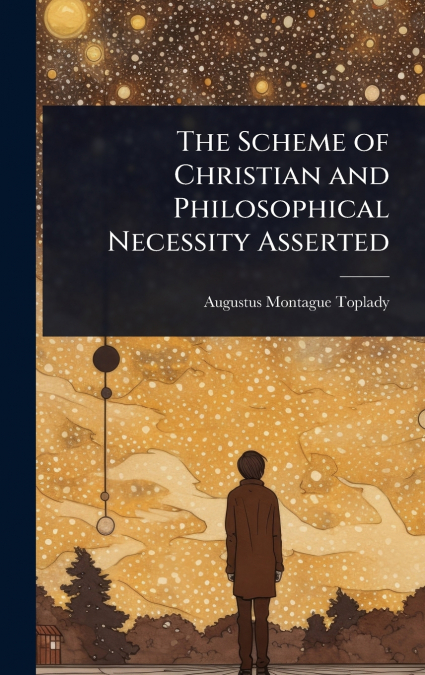
Augustus Montague Toplady
The Scheme of Christian and Philosophical Necessity Asserted is a significant theological treatise by Augustus Montague Toplady, originally published in 1775. This work stands as a detailed response to John Wesley’s tract on the same subject, offering a counter-argument rooted in Toplady’s Calvinistic perspective. The book delves into complex theological and philosophical concepts, asserting the doctrine of necessity within a Christian framework. In addition to the central debate with Wesley, Toplady includes a dissertation concerning the sensible qualities of matter, with particular attention to the doctrine of color. This exploration adds a layer of scientific and philosophical inquiry to the theological discussion, reflecting the intellectual climate of the late 18th century. This book remains a valuable resource for scholars of theology, church history, and the history of ideas, providing insight into the intellectual debates that shaped religious thought during this period.This work has been selected by scholars as being culturally important, and is part of the knowledge base of civilization as we know it. This work was reproduced from the original artifact, and remains as true to the original work as possible. Therefore, you will see the original copyright references, library stamps (as most of these works have been housed in our most important libraries around the world), and other notations in the work.This work is in the public domain in the United States of America, and possibly other nations. Within the United States, you may freely copy and distribute this work, as no entity (individual or corporate) has a copyright on the body of the work.As a reproduction of a historical artifact, this work may contain missing or blurred pages, poor pictures, errant marks, etc. Scholars believe, and we concur, that this work is important enough to be preserved, reproduced, and made generally available to the public. We appreciate your support of the preservation process, and thank you for being an important part of keeping this knowledge alive and relevant.